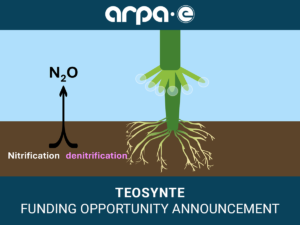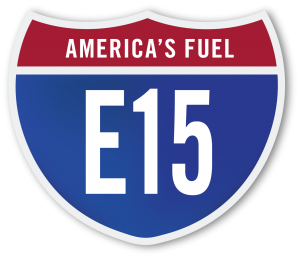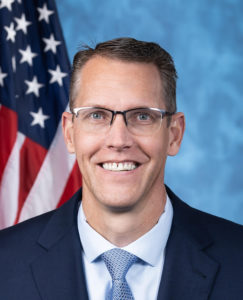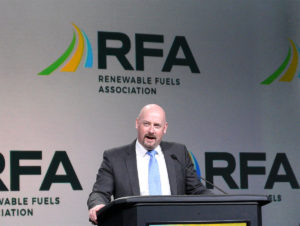 One of the federal agencies likely to be most impacted by the recent Supreme Court decision that reversed the Chevron deference is the Environmental Protection Agency, which was the one responsible for the original case decision in 1984.
One of the federal agencies likely to be most impacted by the recent Supreme Court decision that reversed the Chevron deference is the Environmental Protection Agency, which was the one responsible for the original case decision in 1984.
Renewable Fuels Association president and CEO Geoff Cooper says it’s still too early to tell exactly what the reversal could mean for the ethanol industry, but EPA’s tailpipe emissions standards are a good example of why the case was brought in the first place.
“We were arguing long before this Supreme Court decision that EPA stepped over its bounds by a long shot and grossly exceeded its authority with these tailpipe standards,” said Cooper. “There’s no law on the books anywhere from Congress that directs EPA to use tailpipe emission standards to effectively create a mandate for electric vehicles….So we do think that that’s one particular regulation that that is likely to come under fire, given this new decision from the Supreme Court.”
Cooper says the ruling means “Congress needs to be far more prescriptive and and far more detailed and far more thorough in the legislation that they hand over to to the agency” but failing that, the courts still have the final say about the intentions of the law. “Any challenges to Clean Air Act programs, including the RFS, must go through the DC Circuit Court of Appeals….which historically has been pretty deferential and and respectful of EPA’s decision making process and EPA’s expertise,” said Cooper. “And so we’ll see if that continues or exactly how this is going to go moving forward.”
Listen to Cooper’s comments from a recent interview here.
RFA's Cooper comments on Chevron reversal 3:16










